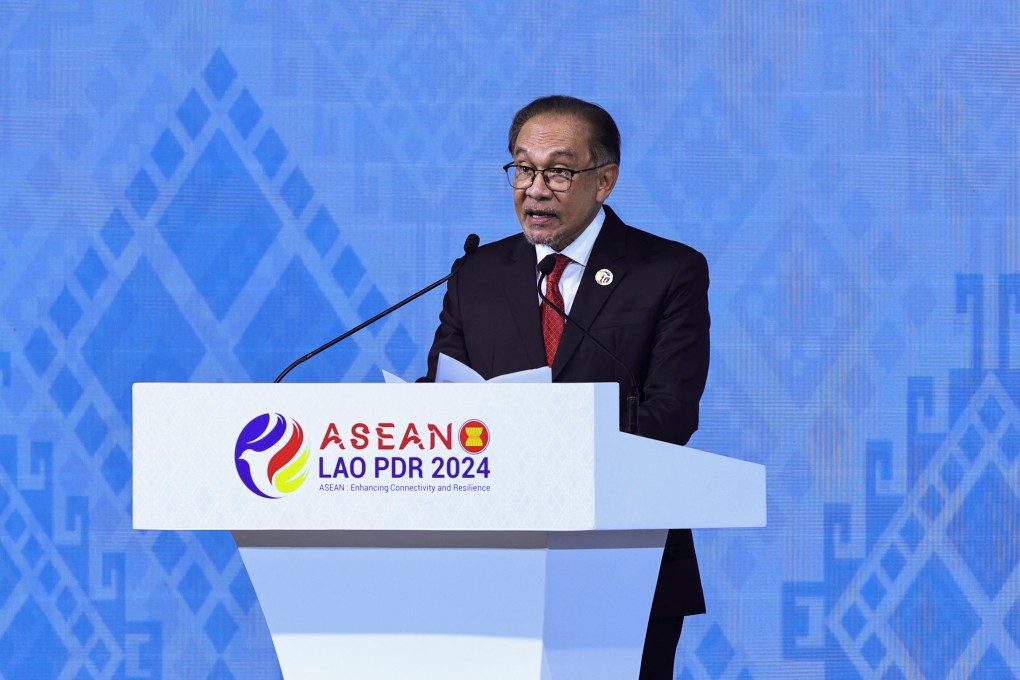Asian Angle | How Malaysia can boost Asean agency and centrality as 2025 chair
As 2025 chair, Malaysia should adopt a cross-disciplinary approach to issues and undertake incremental but bold moves to cement Asean centrality

On October 11, Laos handed the baton of the Association of Southeast Asian Nations (Asean) chairmanship to Malaysia during the closing ceremony of the 44th and 45th Asean Summits and Related Summits.
Malaysia will officially assume the chair on January 1 next year with the theme “Inclusivity and Sustainability”.
In 2015, when Malaysia last held the Asean chairmanship, the world was in the throes of violence. From Bamako to Beirut, Paris to the Sinai desert, communities mourned hostages taken, wounded, or killed – sometimes in the hundreds – in various extremist attacks. A few days before Kuala Lumpur welcomed delegates to the 27th Asean Summit, Malaysian Bernard Then’s severed head was found in southern Philippines, months after he had been abducted from the Malaysian state of Sabah by Abu Sayyaf militants.
Ten years on, the strategic landscape looks decidedly different in Southeast Asia.
Myanmar remains locked in intractable civil strife since the junta’s 2021 coup, and clashes in the South China Sea threaten to metastasise into a wider regional conflict. With Asean paralysed on both fronts, dialogue partners’ preference for minilateral arrangements such as Aukus and the Quad, and an unpredictable US president back in the White House, Asean centrality remains in question despite years of formal community-building since Malaysia presided over the 2015 launch of the Asean Community in Kuala Lumpur.
While the cessation of hostilities in Myanmar and in the South China Sea will no doubt remain key priorities for Asean, any expectations of material success on these fronts in 2025 have to be tempered. The rotational, one-year term of the Asean chairmanship means that chairs can only add on to their predecessors’ efforts and organisational foundations established in previous years.

